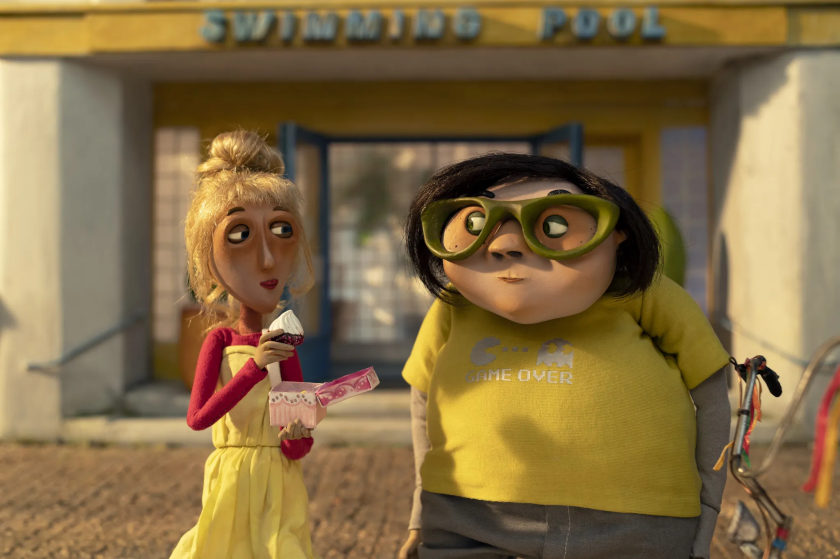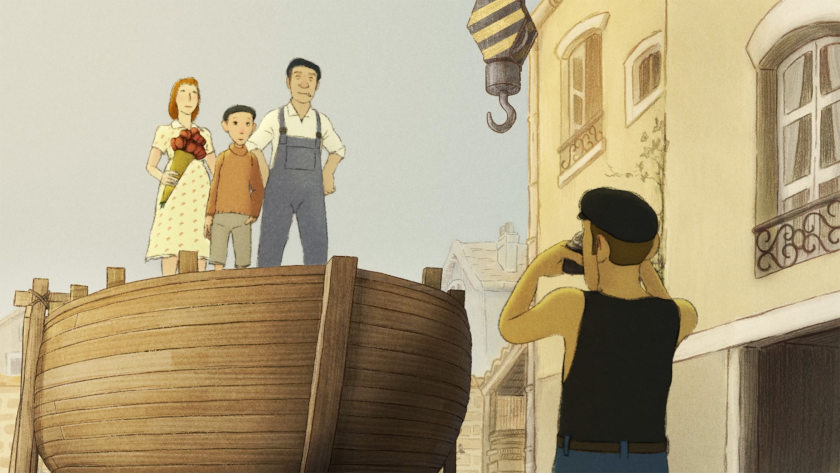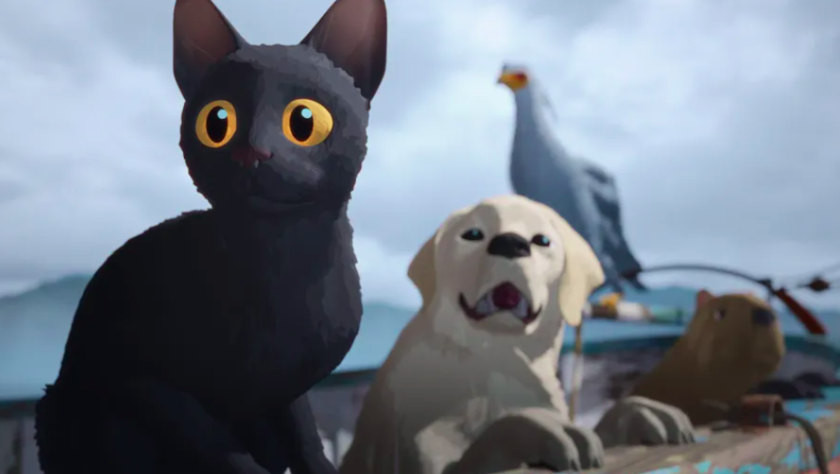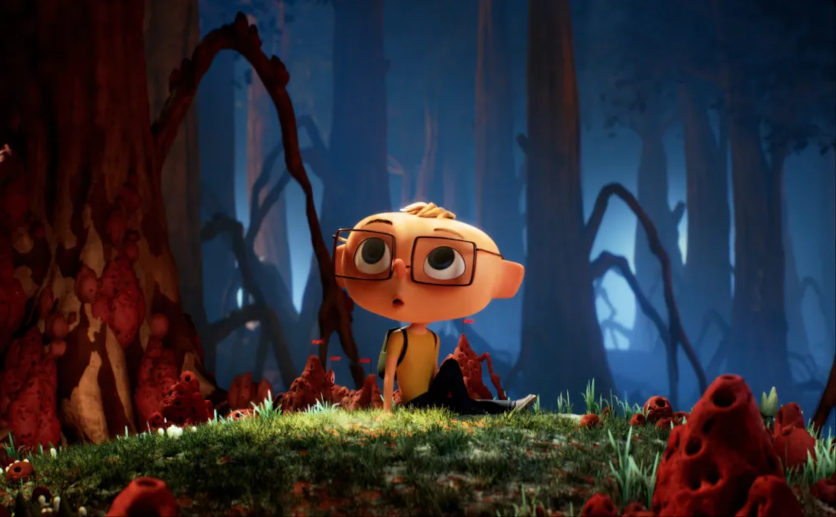Birdboy: The Forgotten Children (Psiconautas) Review: Beware of Children in Distress
It would be easy to categorize Alberto Vázquez and Pedro Rivero's Birdboy:The Forgotten Children (Psiconautas) as a post-apocalyptic tale of world destruction, environmental chaos and post-industrial alienation.
Some of its inspirations -the film started out as a graphic novel by Alberto Vázquez, then transferred to the big screen as the Birdboy award-winning animation short by Pedro Rivero and Alberto Vázquez were exactly meant to depict a world found in a Mad Max series.
Indeed, copper looters (which marvelously open the film) introduce us to a happy (?) industrial time, there are indeed "forgotten children" hungry for blood (Dario Argento would be proud here)
But here's the rub: Psiconautas (Soul Sailors) is more interested in the story of children, to whom the following dictum is applied: "Not everything with a body is alive".
The film tells the story of teenagers Birdboy and Dinky. Birdboy has shut himself off from the world and lives in an abandoned lighthouse, carrying both family and personal wounds of his own, while the mousy Dinky lives with her foster parents, who practice religion but can never understand her real worries.
![]()
The more Birdboy is devoured by his personal demons (there are more than hints of drug use here), the more Dinky and her companions, Sandra and Dorrito want to leave this island, which only promises either harsh discipline or anarchy in the "industrial zone".
Don't underestimate for one minute the fact that its characters are not heroes (or devils, for that matter). One of the most harsh and powerful episodes occurs between Chico-cerdo, the kid who first introduced drugs in the island, and his spider-transformed sick mother. Psiconautas' children are more the products of Truffaut's 400 blows (1959) than the happy family members.
Being more an ensemble piece than Birdboy's own story, Psiconautas uses its flashbacks to navigate through a more calm and peaceful past; to compensate for the beauty shown, hallucinations never fail to impress. Small beaks become real angry birds here, and monochromatic syntheses leave nothing to imagination.
![]()
More than an personal adventure, Psiconautas: The Forgotten Children is an inner battle the one you are and the one you choose yourself to be.
Unlike The Fantastic Planet, inequality and dominance is not applied between members of different tribes and species, but between the same person at different states -in which a decision has to be made.
This dissociation is everywhere present in the film: even toy presents (like the ill-fated Reloggio, the only funny note in the film) can claim of the beauties of the past. Birdboy and Dinky can be immersed in dazzling forests and small yellow soul-savers, but their reality is too graphically demonic.
David Kronenberg would be happy with the inner turmoil of his heroes, especially Birdboy, whose tie never fails to accompany his blood-tied worries. Psiconautas carries through its narrative with an impressively graphic menageries, but it is not showy or flashy or even episodic.
Its characters are the ones you care about; it's the small necklace put in Dinky's ear that ensures that their intentions might somehow be fulfilled -even though not in their world. Adult to the core, one of the most sincere animation features in recent years.
Vassilis Kroustallis









